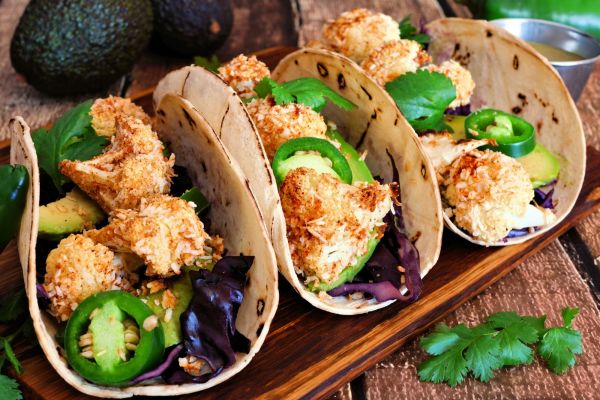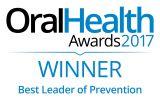
Plant-Based Diets and Your Oral Health
With more and more of us starting to see the benefits of a largely plant-based diet, the range of products will become better researched and more widely available.

The numbers predict a worrying trend if more of us don’t start taking plants more seriously as a larger part of our daily eating regime. The Office of Health Economics predicts that the NHS could save around 6.7 billion per year in healthcare costs if we all switched to the Vegan lifestyle with 2.1 million fewer cases of disease owing largely to better nutrition.
Today, we explore the plusses and pitfalls of the Vegan range of foods, in particular, their long-term effects on teeth and dental hygiene.
The vegan as well as less strict plant-based diets all have generally healthy outcomes but there are downsides, in particular for bones, teeth and gums if some rules are not adhered to.
Studies have shown that plant-based diets carry a higher risk of tooth decay due to lower pH levels and reduced saliva production when compared with more traditional foods.
This occurs because when certain foods are removed, so are some very important vitamins and nutrients, including the highly important calcium and vitamin D, both of which aid bone and dental health.
Let's look at these individually
Vitamin D deficiency
Vitamin D has many roles in the body, one of its key benefits is its relationship with calcium, it acts as a primary absorbant for the pivotal mineral as well as playing an active role in our immune system defence.
Some of the primary sources of Vitamin D are of course sunlight, but also fish, eggs and milk.
Lesser but still of some value are the plant-based alternatives of mushrooms, fortified tofu and fortified cereal grains, as well as fortified orange juice, to name a few.
Calcium deficiency
Too little calcium in the body can be a gateway to some very significant issues as it develops, but even a small amount of calcium deficiency can weaken the support of our gums, teeth and bones.
Dairy and fish are the 2 main sources of calcium available, and of course, vegans eat neither of these, so what then are the best foods that are both kind to the planet and to your teeth?
The better options are almonds, calcium-fortified nut milk, kale, soybeans, tofu and broccoli.
Those eating plant-based diets are also at a higher risk of tooth decay because of a higher consumption of sugar and acid, which is a hallmark of many fruits and vegetables.
Pasta too, is another potentially harmful food when consumed in high levels due to its starch-based components and their increased risk of cavities due to starch itself being converted into sugar.
Lack of Amino Acids
This may be a new term to some, but amino acids play an essential role in the upkeep of not just our teeth and gums, but also the body in general.
Key sources include poultry, fish, dairy and meat where the key amino acid arginine can be found in abundance.
For a list of amino acids and what roles they perform, this article by Healthline is a good guideline.
https://www.healthline.com/nutrition/essential-amino-acids
The good news for plant-based dieters regarding these critical acids is that they can also be found in many vegetables and seeds, such as chickpeas, lentils and pumpkin seeds, among many others.
Beware of snacking
Snacking is a cornerstone of Vegan practice, supporting smaller main meals with smaller bites throughout the day can actually be a very important tool in maintaining good overall health, but it can also significantly impact our oral health if not strictly observed.
It is important to limit snacking where possible to avoid the greater likelihood of cavities and plaque.
If this isn't a good lifestyle choice for you, then at a minimum you must follow a tight dental hygiene regime and attend your dentist frequently every 6 months for a deep cleaning and checkup.
Guidelines for dental hygiene on a vegan diet
After each meal, rinse your mouth thoroughly to remove any small particles.
Brush and floss twice daily and thoroughly, especially the tooth gaps and gumline.
Attend your dentist twice per year at least.
Eat foods that re-mineralise your teeth and gums, many foods that would usually do this such as meat and seafood are not in the vegan diet but can be ably replaced by leafy greens and sea vegetables that also fulfil this pivotal role.
Summary
It is important to have the full facts when making any choices that pertain to diet as most will have pros and cons depending on where your information comes from.
The above article reflects the core understanding behind this topic, and of interest, the article highlighted below adds a slightly differing view on certain areas.
https://dentistry.co.uk/2024/01/24/plant-based-eating-and-dentistry-adapting-to-a-changing-world/
The deeper science of both arguments is beyond the scope of this article but it is always wise to be well-informed and research the things that are most impactful to your health as an individual, here at Life Dental we wish you a good day and continued oral health.



